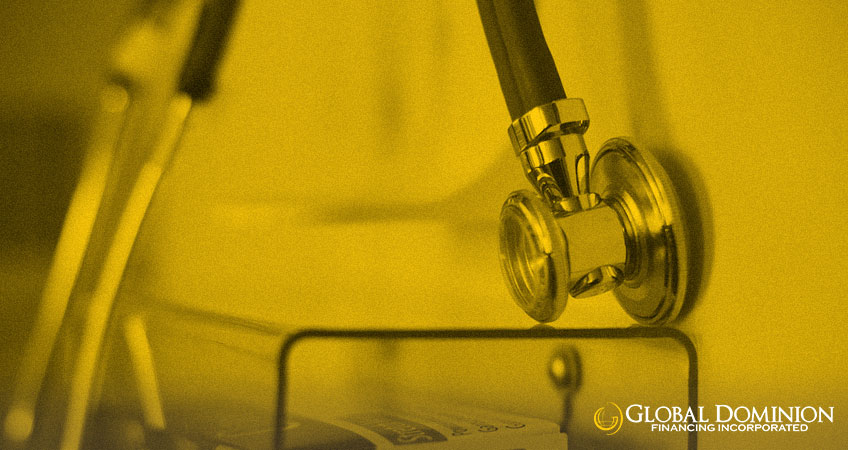Things You Need to Know About the Philippines’ Universal Health Care Act

The Philippines’ Universal Health Care Act is a breakthrough in healthcare reform in the country. Through it, all Filipinos are automatically enrolled in the National Health Insurance Program (NHIP), making all of us eligible to various types of healthcare services and medical financing. It also requires PhilHealth to cover certain services like lab tests, diagnostics, and free consultations. But what else do you need to know about this bill? Read on below to find out.
It Will Cover All Filipinos
In theory, the law aims to achieve 100% health insurance coverage. As mentioned above, the Universal Health Care Act will automatically enroll every Pinoy in the NHIP. Considering that out of 3 Filipinos only 2 have PhilHealth insurance (as reported on the 2017 National Demographic and Health Survey), this achievement is quite laudable.
It Will Cover More Healthcare Services
If enforced, the Universal Health Care Act would also hypothetically expand healthcare coverage. In other words, where before healthcare insurance is limited to hospitalization, now we can enjoy promotive, preventive, rehabilitative, and curative healthcare services.
It Will Stem Medical Personnel Shortage
Effective delivery of quality healthcare services can be constrained by a shortage of medical practitioners. Due to more lucrative opportunities abroad, many doctors and nurses choose to leave the Philippines to seek their fortunes elsewhere. With that in mind, the Universal Health Care Act aims to curb this problem by requiring all government-scholars pursuing health-related degrees to serve at least 3 years in the public health sector.
It Will Help Build More Health Centers
Many Filipinos are still ignorant about the benefits they can get from PhilHealth. This is partly due to the fact that there are no accredited hospitals around their area, or they just simply live too far away from the nearest one. Through the Universal Health Care Act, the government would be able to prioritize the construction of new hospitals, medical startups, and health centers that would bring health-related services closer to the people in need of it.
Conclusion
Getting sick is not an option for Filipinos, especially the poor. The longer you stay bedridden due to illness, the more hours you spend not earning money for yourself and your family. Thus, with the assurance and services it can bring, the Universal Health Care Act is a very welcome change indeed.





